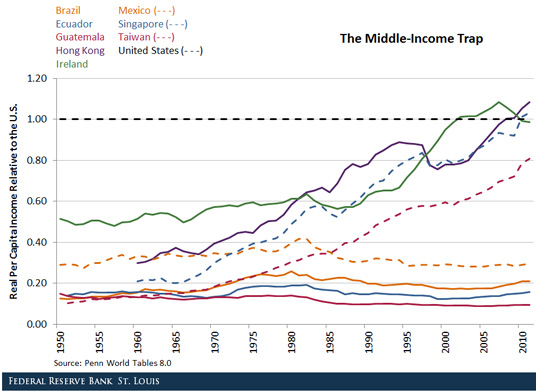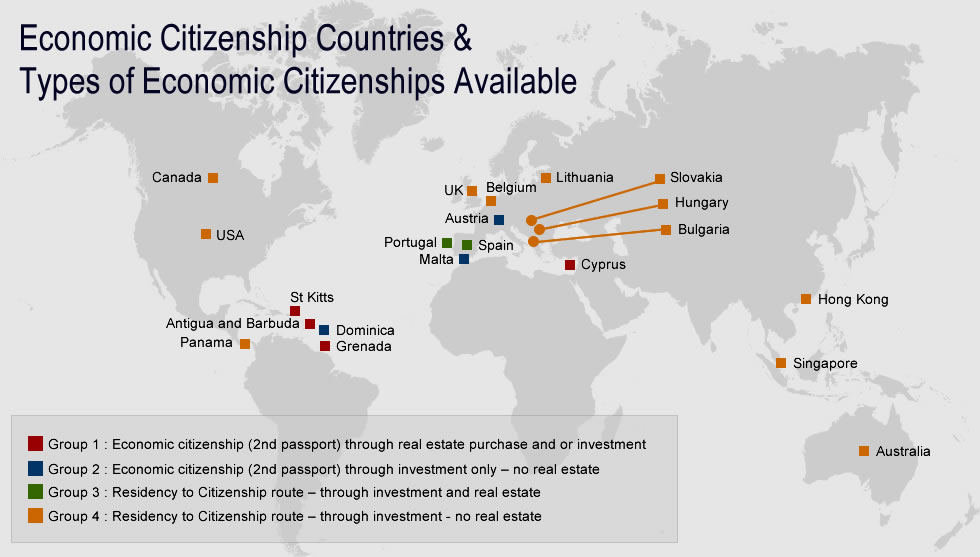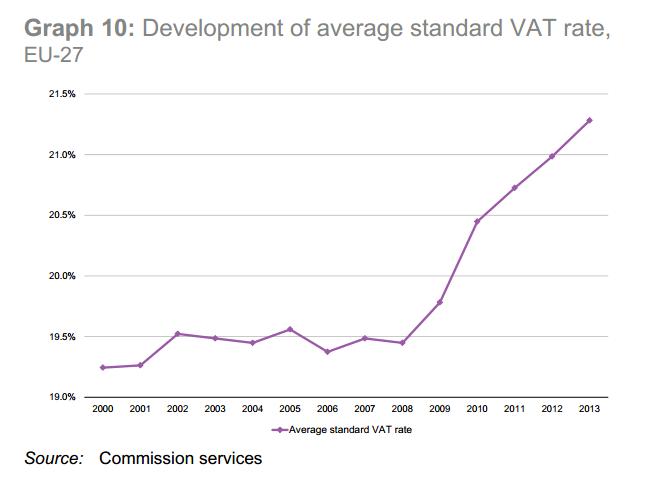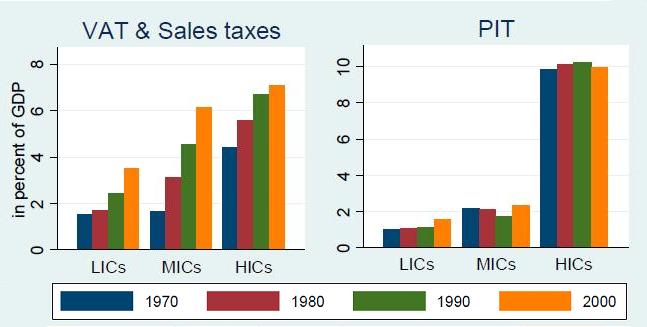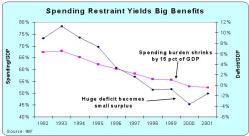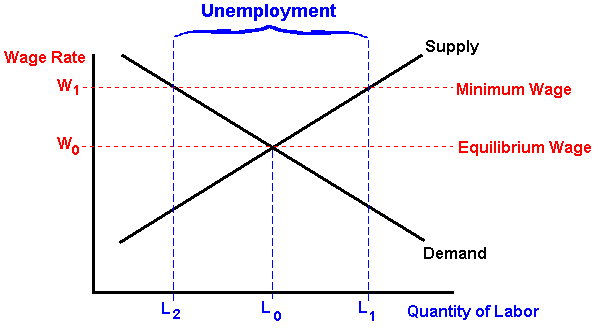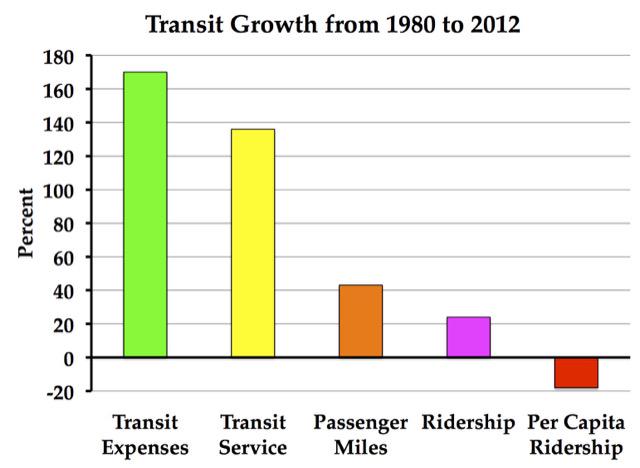It’s amazingly simple to reduce the burden of government spending. Policy makers simply need to impose some modest spending restraint so that government doesn’t grow faster than the economy’s productive sector.
 In a display of humility that can only be found in Washington, DC, I call this Mitchell’s Golden Rule.
In a display of humility that can only be found in Washington, DC, I call this Mitchell’s Golden Rule.
And, amazingly, even the International Monetary Fund agrees that spending caps are the most effective strategy for good fiscal policy.
Since I’m not a fan of the IMF, this is definitely a case of strange bedfellows!
Let’s look at some case studies of what happens when there are limits on the growth of government.
A review of data for 16 nations reveals that multi-year periods of spending restraint lead to lower fiscal burdens and less red ink.
Between 2009 and 2014, a de facto spending freeze at the federal level dramatically reduced burden of spending in the United States.
Thanks to a spending cap, Switzerland has shrunk the public sector, balanced its budget and reduced government debt .
These real-world examples provide compelling evidence on the value of long-run spending restraint.
By the way, when I challenge my leftist friends to provide similar examples of nations that have achieved good results by raising taxes, they become uncharacteristically quiet. Just like you can hear crickets chirping when I present them with my two-question challenge to identify statist nations that are good role models.
But I’m digressing. Let’s get back to the main topic.
In addition to the data cited above, there are also hypothetical examples showing why it is important to have government grow slower than the private sector.
A column published by Investor’s Business Daily reveals that the United States would have avoided the multi-trillion dollar deficits of the Obama years had a Swiss-style spending cap been in effect.
The oil-rich Canadian province of Alberta would have avoided its current fiscal crisis had it followed my Golden Rule over the past 10 years.
Now let’s add to our list of hypothetical examples. Writing for Real Clear Markets, Professor Jeffrey Dorfman of the University of Georgia cleverly suggests that Republicans simply take Bill Clinton’s last budget and then adjust it for inflation and population growth.
…a Clinton is ready to show them a path to nearly everything a dream Republican budget might have. …President Bill Clinton’s last budget was for fiscal year 2001, which began just before the 2000 election. That budget spent $1.86 trillion, less than half of what President Obama is proposing. If this final Clinton budget is adjusted upwards for subsequent inflation (32 percent) and population growth (12 percent), we arrive at a figure of $2.76 trillion, still only 69 percent as much as President Obama wants to spend. This difference is what Republicans should exploit.
And since federal revenues for next year are projected to be $3.46 trillion, that means not only a smaller burden of government spending, but also a huge budget surplus.
Professor Dorfman then proposes that this gives Republicans leeway to show that they can compromise.
… appropriate spending for each agency equal to a minimum of the population and inflation adjusted amount in President Bill Clinton’s final budget plus 50 percent of the additional growth between President Obama’s proposal and the adjusted Clinton budget. That is, Republicans would not even try to roll federal spending back to when we last had a balanced budget, but only move to reverse half of the enormous spending increases that have occurred under Presidents George W. Bush and Barack Obama. Such a budget would spend $3.25 trillion and would come with an estimated budget surplus of $220 billion based on the latest Congressional Budget Office projections of 2016 federal revenue.
Dorfman hypothesizes that this rhetorical approach will give advocates of smaller government the upper hand.
After all, the statists presumably wouldn’t want to say Bill Clinton’s last budget was somehow draconian or heartless. And if Republicans are proposing to take that Clinton budget, adjust it for inflation and population, and then add even more money, it should be equally improbably to characterize their proposals as being draconian and heartless.
At a time when Hillary Clinton certainly appears set to run for president, Republicans can stake their claim to reduced spending in many areas by pointing out that they are being 50 percent more generous in inflation and population adjusted spending than President Clinton was. Will Democrats in Congress, or even President Obama, want to claim that President Clinton was insufficiently generous with the poor and working classes? Will they really want to take a stand in opposition to the Clintons at this point in time? I doubt it. Certainly Hillary Clinton is unlikely to want to criticize a Clinton budget. That will make other Democrats hesitate and likely bite their tongues. Using the Clintons against the rest of the Democrats offers the Republicans in Congress a clear path to almost all their budgetary wishes.
I agree that this is an astute strategy. I particularly like it because it puts the focus on how much government has grown since Bill Clinton left office.
And the notion of letting the budget grow as fast as population plus inflation is very similar to Colorado’s Taxpayer Bill of Rights, which is the best spending cap in America.
That being said, I’m far less optimistic than Professor Dorfman that this approach will produce a victory in the short run. Simply stated, President Obama is too ideologically committed to big government. Moreover, I doubt that he will feel any special pressure to accept Bill Clinton’s last budget as some sort of baseline.
But having this debate would still be useful and could pay dividends in 2017 and beyond.
P.S. Speaking of President Obama, let’s close with some political humor that showed up in my inbox yesterday.
P.S. If you want more Obama humor, check out this t-shirt, this Pennsylvania joke, this Reagan-Obama comparison, this Wyoming joke, this Bush-Obama comparison, this video satire, this bumper sticker, and this very timely bit of Bowe Bergdahl humor.
And sometime there’s even humor that makes me sympathize with the President.








